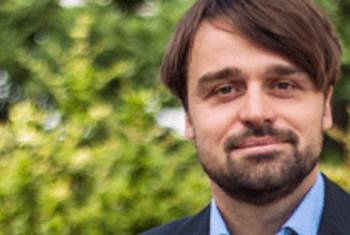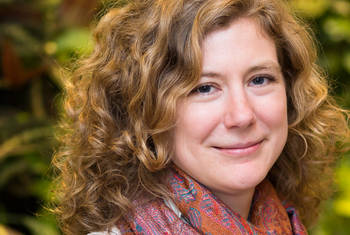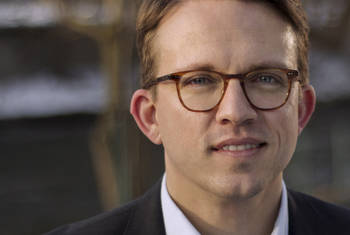Felix Bierbrauer Is Political Competition Good for Social Welfare?
Felix Bierbrauer is a Guest Researcher at the Max Planck Institute for Research on Collective Goods and is Chair of the Centre for Macroeconomic Research and Public Economics. Between 2006 and 2007, Bierbrauer taught as a Visiting Scholar at the Massachusetts Institute of Technology’s Department of Economics. Bierbrauer’s main research revolves around economic theory, with a specific interest in the interplay between political competition and social welfare. For his paper on ‘Political Competition and Mirrleesian Income Taxation’, Bierbrauer received the 2012 Young Economist Award from the International Institute of Public Finance.
Area of Research
Economic Theory, Political Economy, Public Economics
since 2011
Full Professor
University of Cologne (Universität zu Köln)
Chair for Public Economics and Center for Macroeconomic Research
since 2011
Research Affiliate
Max Planck Society
Max Planck Institute for Research on Collective Goods
2010-2011
Visiting Professor
University of Mannheim (Universität Mannheim)
Public Economics
2006-2011
Senior Research Fellow
Max Planck Society
Max Planck Institute for Research on Collective Goods
2006-2007
Visiting Scholar
Massachusetts Institute of Technology (MIT)
Department of Economics
2004-2006
Research Assistant
Max Planck Society
Max Planck Institute for Research on Collective Goods
2002-2004
Research and Teaching Assistant for Professor Martin Hellwig
University of Mannheim (Universität Mannheim)
2006
PhD in Economics
University of Mannheim (Universität Mannheim)
Thesis "Essays on Public Goods Provision and Income Taxation"
2002
Diploma in Economics
University of Mannheim (Universität Mannheim)
- Editorial Board, European Journal of Political Economy (since 2010)
Prizes
- Certificate of Excellence in Reviewing, Journal of Public Economics (2013)
- IIPF Young Economists Awards 2012 for the Paper on Political Competition and Mirrleesian Income Taxation (2012)
- Dissertation Awarded with Otto Hahn Medaille of the Max Planck Society (2007)
- Diploma Thesis Awarded with Prize of Karin Islinger Foundation, University of Mannheim (2003)
Fellowships
- CESifo Research Network Fellow (since 2009)
- Member of the Committee on Public Finance (Verein für Sozialpolitik) (since 2012)
The model presented in this video combines a game theoretic approach with mechanism design to examine the influence of competition on welfare maximization by politicians. It is shown that in “pure” competition between two politicians only the allocation of favors to the electorate helps winning elections, while welfare-maximizing tools of redistribution do not improve a politician’s vote-share. As FELIX BIERBRAUER points out, one might follow that when trying to create welfare-maximizing outcomes, politics fail the same way markets do; and if the goal is to have efficient outcomes, political competition is as good or bad as a market.
LT Video Publication DOI: https://doi.org/10.21036/LTPUB10051
Efficiency, Welfare, and Political Competition
- Felix Bierbrauer and Pierre Boyer
- Quarterly Journal of Economics
Efficiency, Welfare, and Political Competition
- Felix Bierbrauer; Pierre Boyer
- Published in 2015
Chicago








